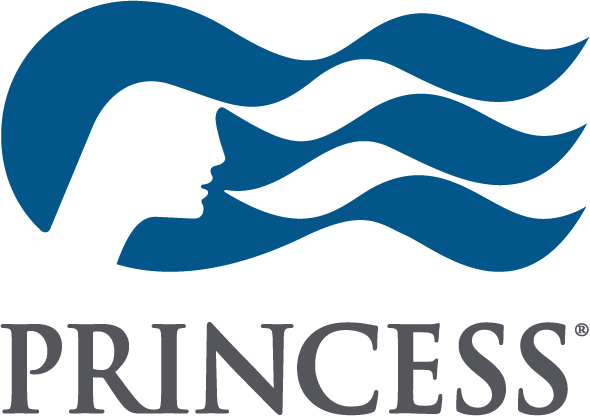Australian Workers Suffer From FOTAL: Fear of Taking Annual Leave
A new survey has
found that most Australian workers struggle to completely unwind while on
holiday, with eight out of ten workers admitting they feel guilty when they
relax - and a third confessing that even the thought of relaxing stresses them
out. According to the survey, two-thirds of Australian workers use their annual holidays to handle personal obligations such as family emergencies, attending medical and dental appointments and running errands.
And while Australia has one of the world’s highest levels of annual leave, with a minimum of four weeks’ holidays a year for full-time workers, the majority of workers (58 per cent) say work commitments have prevented them taking their full entitlements.
Conducted among 1250 Australian workers, the first Princess Cruises National Relaxation Survey found that almost two-thirds of workers suffered from FOTAL – a Fear of Taking Annual Leave – and would take more time off work if they knew there wouldn’t be negative repercussions.
And while 78 per cent of workers feel bad about relaxing, Gen Y workers suffered the worst, with 86 per cent of workers aged 18 to 34 saying they felt guilty about relaxing. Eighty per cent of Gen X workers felt the same way, with both age groups carrying far more guilt than Baby Boomers (67 per cent).
As many as 67 per cent – or the equivalent of close to seven million workers – say they complete at least one work task while on holidays, with the most common jobs including answering emails (52 per cent) and responding to business calls (31 per cent).
Clinical & Coaching Psychology and Founder of The Positivity Institute Dr Suzy Green said the findings showed that workers needed to ensure they separate their work life from their leisure time.
“It’s concerning that workplace pressures such as increased demands, longer hours and budget constraints all impact negatively on stress levels and cause hesitation to take leave due to the anticipated consequences of a return from holiday. These results highlight the need for Australians to prioritise their mental health and wellbeing by scheduling in annual holidays and seasonal mini-breaks to avoid FOTAL and provide a source of anticipation to buffer against stress and guilt,” Dr Green said.
“Workers need to try to create a ‘holiday gameplan’ to help enhance their time off, which could include things like setting boundaries around email and phone usage and ensuring there is dedicated time slots for physical and mental relaxation. Research on mindfulness meditation shows that even brief periods of practice can reduce stress and increase wellbeing.”
Asked about their relaxation, 69 per cent of workers say they feel as though they need a holiday from their holiday at some point. The most common areas of dissatisfaction included spending too much time in airports, driving or travelling (37 per cent) and coming back as tired as they went away (36 per cent). Eighty per cent of workers say they found planning a holiday can be stressful, with more than half identifying the need to stay within budget as a particular area of tension.
A massive 81 per cent of Australians prefer holidays that are relaxing, quiet experiences away from the hustle and bustle, while 70 per cent agree that taking a cruise holiday would be the best way to get life experience and relaxation time in the one holiday.
Other key findings from the study include:
· Gen Y (62 per cent) and Gen X (64 per cent) workers are more likely than Baby Boomers (46 per cent) to say work commitments have prevented them from taking their full annual leave.
· A quarter of workers say they find requesting leave more stressful than asking for a pay rise
· Twenty-nine per cent of workers would take more leave if they knew their boss wouldn’t hold it against them
· 27 per cent say they’d opt for more holidays if they knew they wouldn’t have to work longer hours before or right after their leave
· Parents are the most discontent, with 85 per cent dissatisfied with some element of a holiday compared to 75 per cent of non-parents
· Thirty-nine per cent of parents say that planning a holiday is stressful because they need to find a place everyone can enjoy (compared to 22 per cent for non-parents).
About the survey – The Princess Cruises National Relaxation Survey was conducted by Galaxy Research with 1250 respondents interviewed nationally in September.
More information:
Libby Moffet/Christine Allen MG Media Communications


















